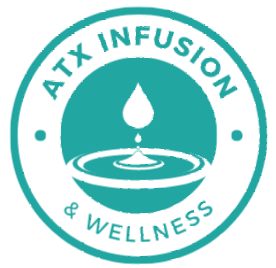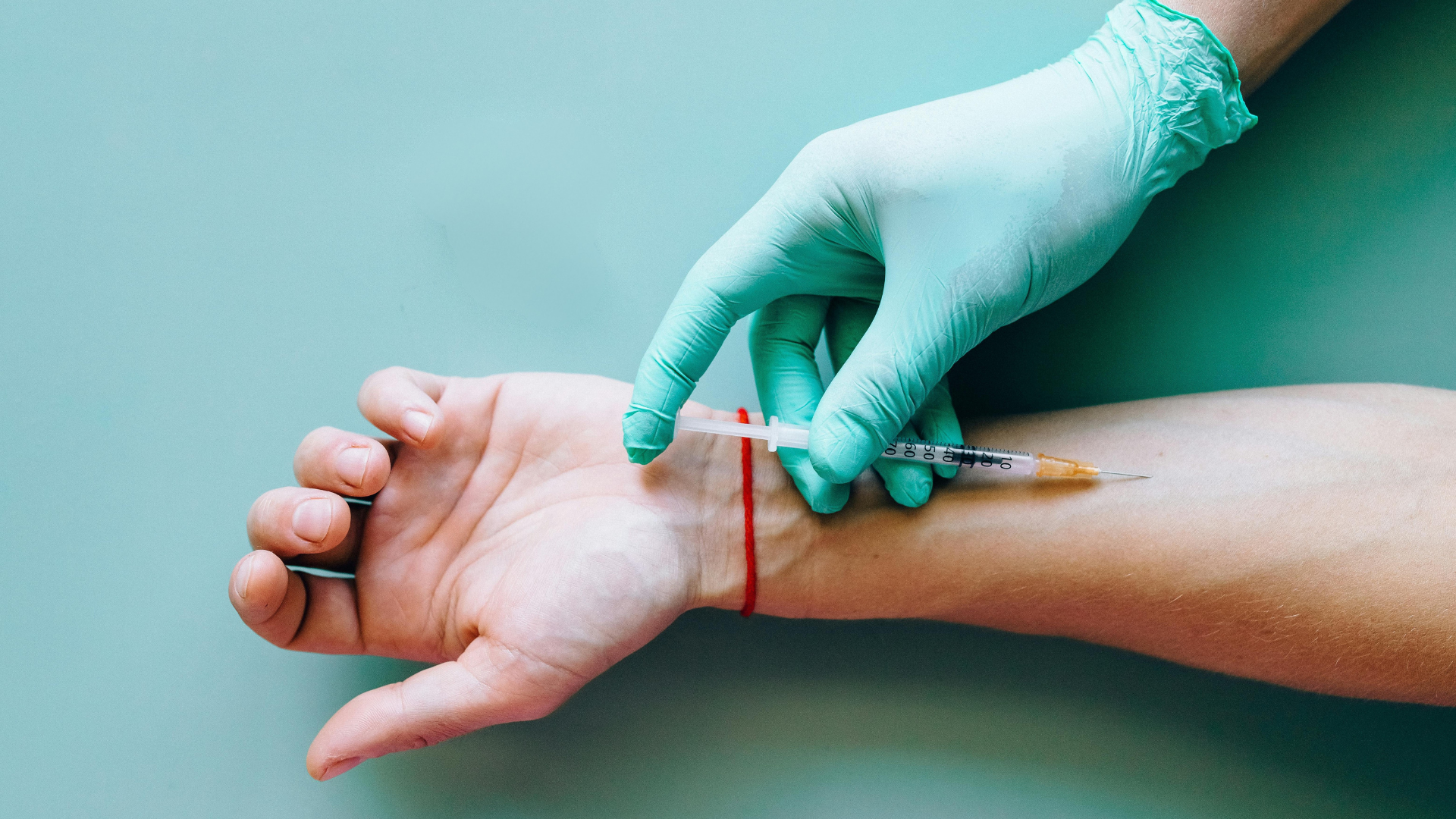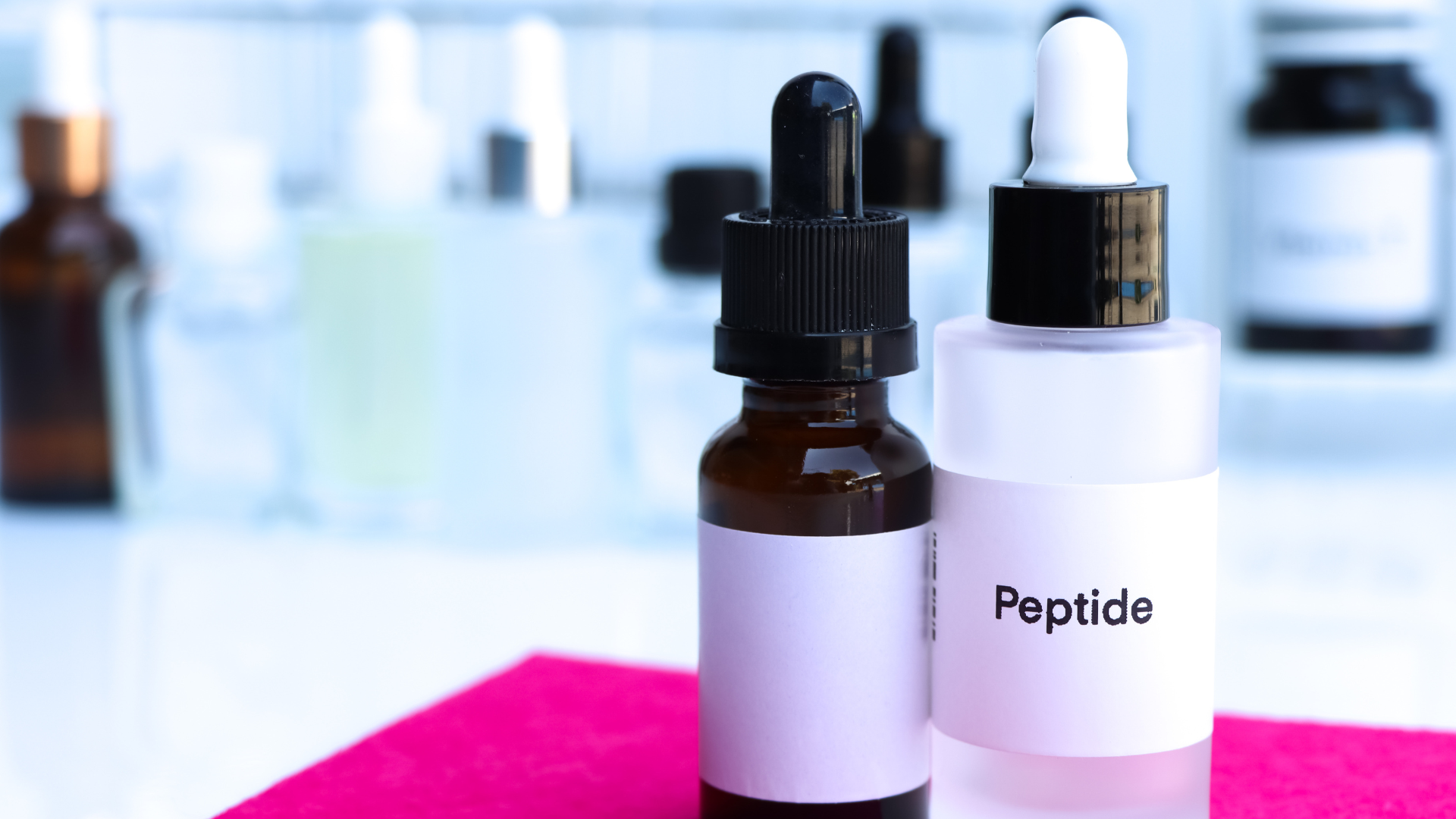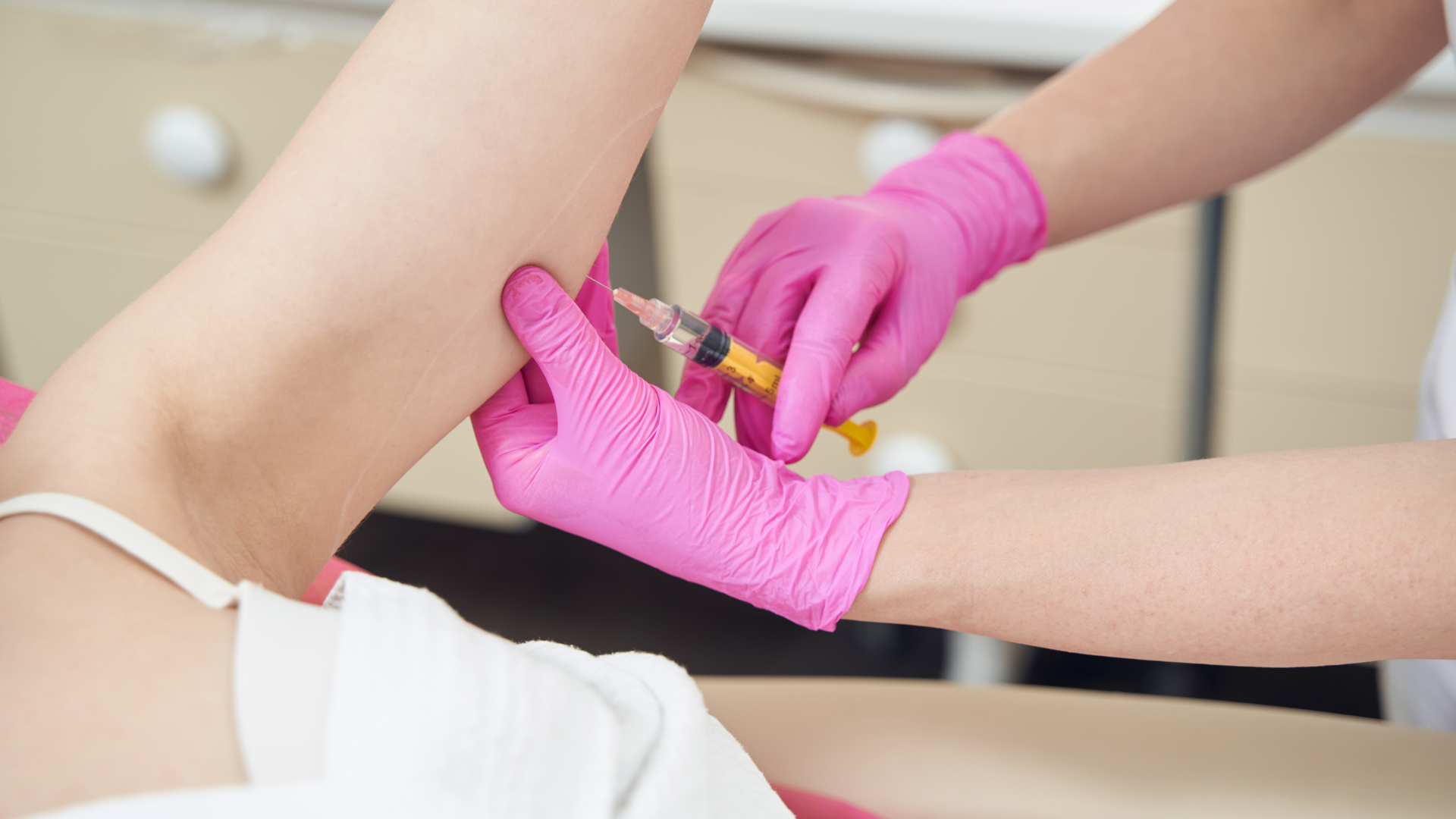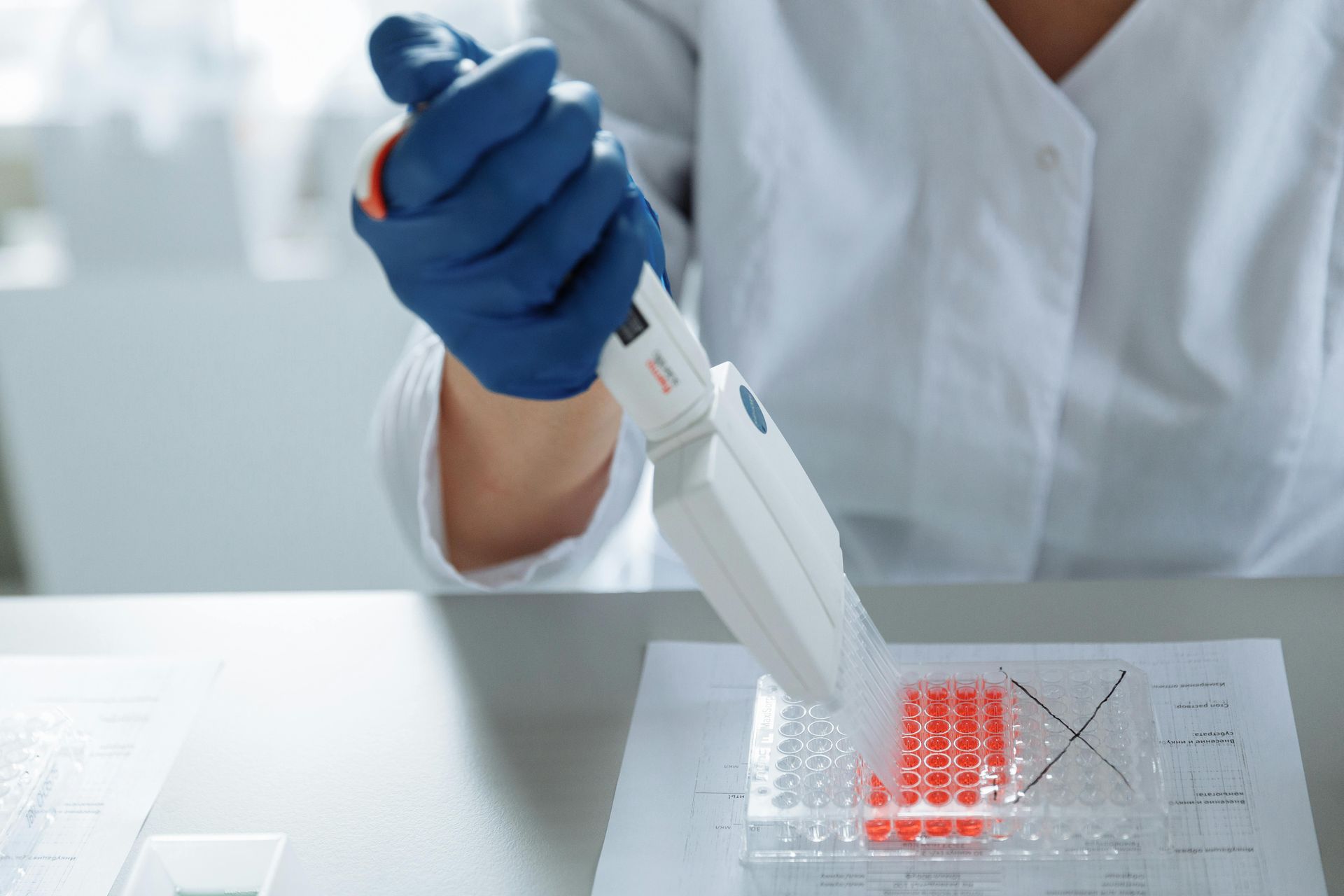Revitalize Your Health with Immune Boost in North Austin
Immune Boost | North Austin, TX
Experience Wellness Like Never Before with Immune Boost
Elevate your wellness journey with our specialized services designed to enhance your health. At ATX Infusion and Wellness, we believe in the power of proactive care, especially when it comes to an effective immune boost. Utilizing cutting-edge therapies, our certified Family Nurse Practitioner Monika focuses on tailored treatment options that help unlock your body's potential. From high-dose vitamin C infusions to targeted immune boosters, we empower residents in North Austin to regain vitality and improve their well-being. Ready to experience your own immune boost? Reach out today to learn how we can support your health goals.
Allogeneic Mesenchymal Stromal Cells in Patients With Ulcerative Colitis: Two Years of Observation
This clinical study evaluated the effectiveness of allogeneic mesenchymal stromal cells (MSCs) in 44 patients with ulcerative colitis (UC). Patients received MSC therapy alongside or instead of standard treatments, including mesalazine, corticosteroids, immunosuppressants, or infliximab.
MSCs were harvested from donor bone marrow and cultured over 5–6 weeks, resulting in a therapeutic dose of 1.5–2 × 10⁸ cells, administered via intravenous infusion. Patients were monitored for 24 months post-transplant, assessing clinical, endoscopic, and histological improvements using established scoring systems.
Allogenic Mesenchymal Stem Cells Transplantation in Refractory Systemic Lupus Erythematosus: A Pilot Clinical Study
Objective:
This pilot study assessed the safety and efficacy of allogeneic mesenchymal stem cell transplantation (MSCT) in 15 patients with treatment-resistant systemic lupus erythematosus (SLE).
Methods:
Patients received MSCT and were evaluated over an average of 17.2 months. Outcomes included changes in SLE disease activity (SLEDAI), anti-nuclear and anti-dsDNA antibodies, renal function, and regulatory T cell levels.
Results:
- All patients showed clinical improvement.
- At 12 months, SLEDAI scores dropped from 12.2 to 3.2, and proteinuria decreased significantly (from 2505 mg to 858 mg/24 h).
- Anti-dsDNA levels declined, and renal function stabilized or improved in some cases.
- Only 2 patients experienced relapse; 11 maintained low disease activity with minimal treatment.
- No serious adverse events were reported.
Conclusion:
Allogeneic MSCT is a promising therapy for refractory SLE, leading to reduced disease activity, improved lab markers, and better renal outcomes, with a favorable safety profile.
Amelioration of Severe Psoriasis With Psoriatic Arthritis for 20 Years After Allogeneic Haematopoietic Stem Cell Transplantation
Haematopoietic stem cell transplantation (HSCT) has shown promise as a treatment for severe autoimmune diseases (AID), with limited reports on its effectiveness in severe psoriasis. A 29-year-old man with debilitating psoriatic arthropathy and psoriasis, which began at age 13, underwent allogeneic HSCT in 1985 after experiencing severe polyarthritis, joint fusion, and psoriasis. Despite failing to respond to various treatments like sodium aurothiomalate and steroids, he received an HSCT from a compatible female sibling after conditioning with cyclophosphamide and total body irradiation. This treatment led to a lasting benefit, with improvement lasting over 20 years.
Infusion of Umbilical Cord Mesenchymal Stem Cells Alleviates Symptoms of Ankylosing Spondylitis
This study evaluated 5 patients with ankylosing spondylitis (AS) who received intravenous transfusions of umbilical cord mesenchymal stem cells (uMSCs). No severe adverse reactions occurred, though 3 patients experienced mild, transient fever. After treatment, disease activity and clinical symptoms improved, as indicated by decreased Bath Ankylosing Spondylitis Disease Activity and Metrology Indices, increased Bath Functional Index, and reduced erythrocyte sedimentation rate in 3 patients. C-reactive protein levels dropped significantly in 1 patient. The study concludes that uMSC therapy is safe, well-tolerated, and effective in alleviating AS symptoms. Further studies with larger cohorts are recommended.
Efficacy and Safety of Mesenchymal Stem Cell Transplantation for Autoimmune Diseases: A Systematic Review and Meta-Analysis of RCTs
ATX Infusion and Wellness highlights the growing body of evidence supporting mesenchymal stem cell (MSC) transplantation as a promising treatment for autoimmune diseases. This systematic review and meta-analysis of randomized controlled trials demonstrates the potential of MSC therapy in managing conditions such as rheumatoid arthritis, lupus, inflammatory bowel disease, multiple sclerosis, and ankylosing spondylitis. Results show that MSC transplantation may reduce inflammation, alleviate symptoms, and improve overall patient outcomes with a favorable safety profile. The regenerative and immunomodulatory properties of MSCs make them an innovative solution for chronic autoimmune conditions. ATX Infusion and Wellness is committed to bringing advanced, research-backed therapies like MSC infusion to those seeking relief and improved quality of life.
MSCs in Cardiovascular Disease and Atherosclerosis
Mesenchymal stem cells (MSCs), derived from tissues like bone marrow, adipose tissue, and umbilical cord, have self-renewing, multipotent, immunomodulatory, and anti-inflammatory properties. These features make them a promising treatment for cardiovascular diseases such as ischemic cardiomyopathy, heart failure, and atherosclerosis. Atherosclerosis, a key cause of cardiovascular events, involves chronic inflammation and plaque buildup in arteries. This can lead to vessel narrowing, rupture, heart attacks, or strokes. Its severity is often measured using calcium scores from CT scans and plaque volume assessments via IVUS or CT angiography.
Cell Therapy for Treatment
of Intervertebral Disc Degeneration:
A Systematic Review
Cell Therapy for Intervertebral Disc Repair:
What the Evidence Says
A systematic review examined the use of allogenic and autologous cell therapies for lumbar or cervical disc repair. From over 1,000 studies, only 8 met criteria—mostly small case series on the lumbar spine. One randomized trial found no significant benefit over sham treatment. Some case series showed potential improvement in pain and function, but clinical relevance was unclear. Safety data were limited, with reoperation rates ranging from 6% to 80%.
Conclusion: Current evidence is very limited. Larger, well-designed studies are needed to assess the true effectiveness and safety of cell therapy for disc repair.
Hematopoietic Stem Cell Transplantation
for CIDP
Chronic inflammatory demyelinating polyneuropathy (CIDP) is a kind of autoimmune-mediated
inflammation and demyelinating disease. The etiology is mainly related to autoimmune dysfunction.
The conventional treatments of CIDP have relied on immunomodulation and inhibition therapies
such as adrenal cortex hormone, intravenous immunoglobulin (IVIg) and plasma exchange.
Hematopoietic stem cell transplantation (HSCT) is known as a novel therapy for autoimmune
disorders, which provides the chance to cure CIDP. More than 70 patients with refractory CIDP
have received HSCT. The clinical symptoms and electrophysiological examination results of most
patients have been improved. However, the treatment still has risks. This review describes the
pathogenesis of CIDP and the current conventional treatments, and highlights the application of
HSCT in CIDP, including its efficacy and safety.
Efficacy of Stem Cell Application in Diabetes Mellitus
Diabetes mellitus (DM) is a serious and common chronic disease with high morbidity and mortality rates.
Recently, stem cell-based therapy has shown considerable promise as a future therapeutic modality for DM. This review aims to summarize the types of stem cells that have the most successful evidence in treating type 1 diabetes mellitus (T1DM) and type 2 diabetes mellitus (T2DM), and also to assess the safety and efficacy of different types of stem cells in the treatment of DM. PubMed, MEDLINE, and PubMed Central databases were searched up to October 15, 2020, using medical subject heading (MeSH) terms. After application of inclusion criteria and exclusion criteria, 10 studies were included in our final review: six T1DM studies including 120 patients, and four T2DM studies including 65 patients. Our data showed that autologous and allogeneic stem cell therapy is a relatively safe and effective method for selected individuals with DM. The best therapeutic outcome was achieved by transplantation of bone marrow hemopoietic stem cells (BM-HSCs) for T1DM and bone marrow mononuclear cells (BM-MNCs) along with mesenchymal stromal cells (MSCs) for T2DM. However, patients with DKA are not a good candidate for stem cell transplantation. Further rigorous experiments are needed in order to be able to establish stem cell-based therapies as the future standard of care for treating DM.
Why is ATX Infusion and Wellness so popular?
Frequently Asked Questions
Can't find the answer you are looking for? Feel free to contact us today. You can call us at or fill out any of the convenient contact forms found on this website. We look forward to assisting you!
